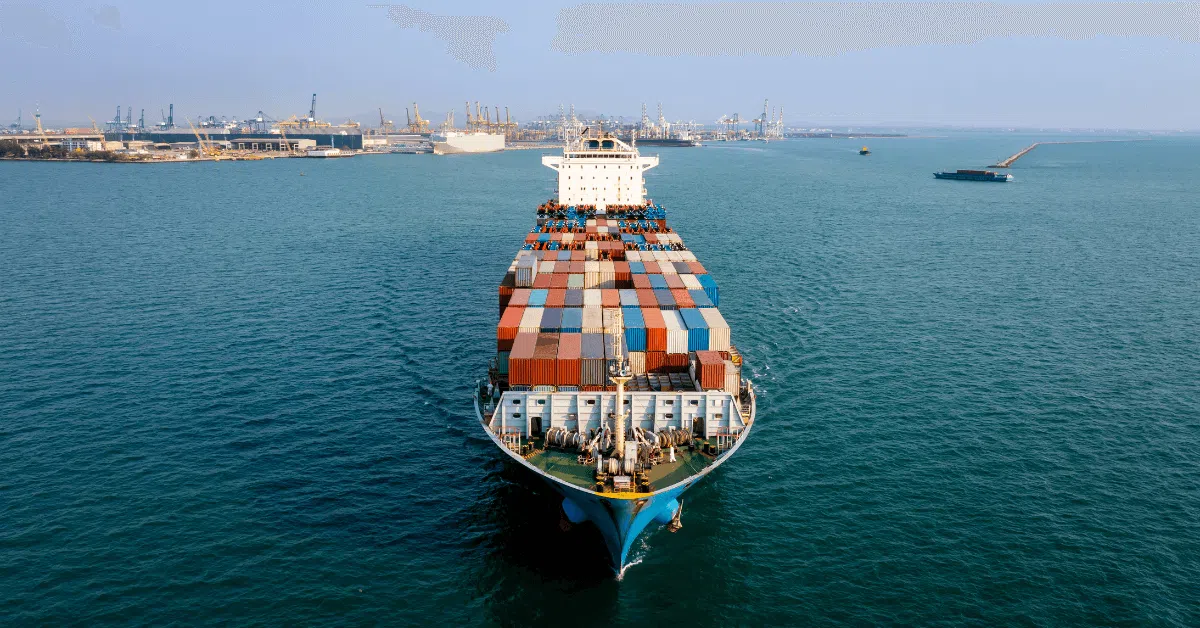In the framework of the Trade War, Italy is among the European Union countries most affected by the measures. This is highlighted by a study from the Bruegel think tank, which estimated the impact of tariffs between 15% and 30% on jobs related to international exports in the EU-27.
Specifically, publishes La Nación, Italy maintains an export rate of 11%, driven by automotive, fashion, and the pharmaceutical sector. For its part, in Ireland, 13% of employment is linked to vulnerable sectors such as chemical, agri-food, and repair, a figure that increases even further when including pharmaceuticals. Meanwhile, Germany and France are around 9%, with different weightings for automotive, industrial goods, and luxury goods.
The European Union (EU) defended the agreement signed with the United States to avoid a trade war, amid reactions ranging from welcoming the understanding to considering it a capitulation to American power.
The agreement, announced between two economies that represent almost a third of world trade, will see Washington impose an import tariff of 15% on most EU products, half the threatened rate, though much more than Europeans expected.
In addition to the tariff, the pact reached between the President of the United States, Donald Trump, and the President of the European Commission, Ursula von der Leyen, commits the EU to buy $750 billion in energy, which will replace Russian supplies, and to invest an additional $600 billion in the United States.
The European Union’s chief negotiator, European Commissioner for Trade Maros Sefcovic, said he was “100% sure that this agreement is better than a trade war with the United States.”
Von der Leyen specified that the aerospace sector and other strategic areas will be exempt from tariffs, but several technical details of the agreement still need to be defined. The European Commission has to present the plan to the bloc’s countries, a process that will still take a few days.
…





